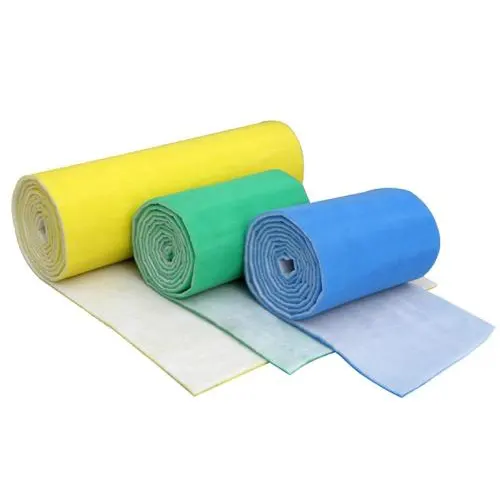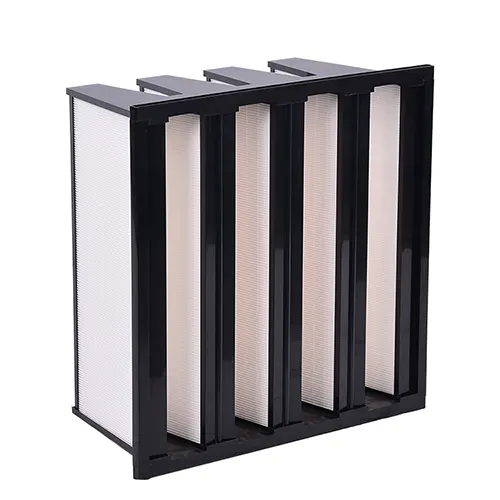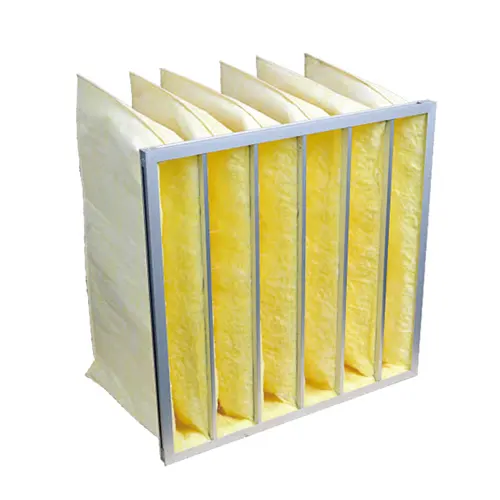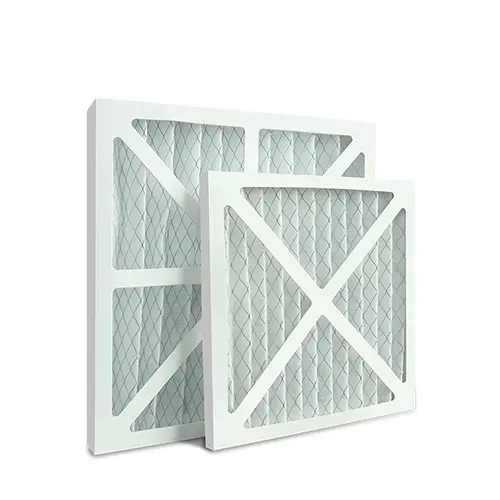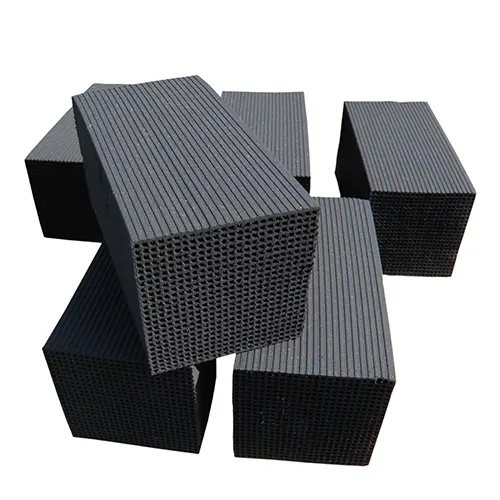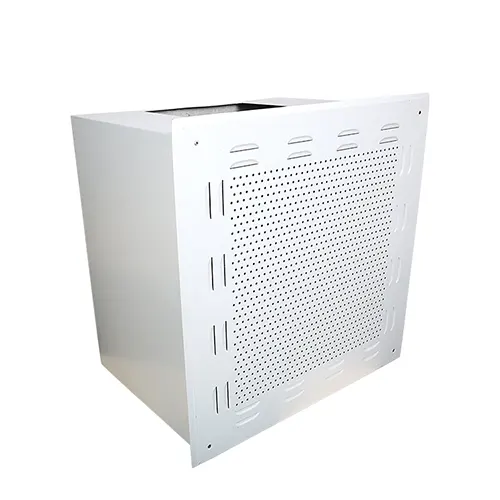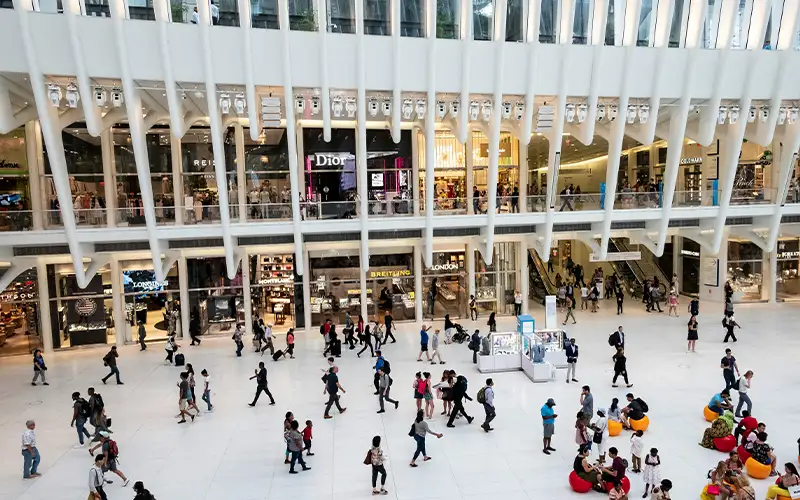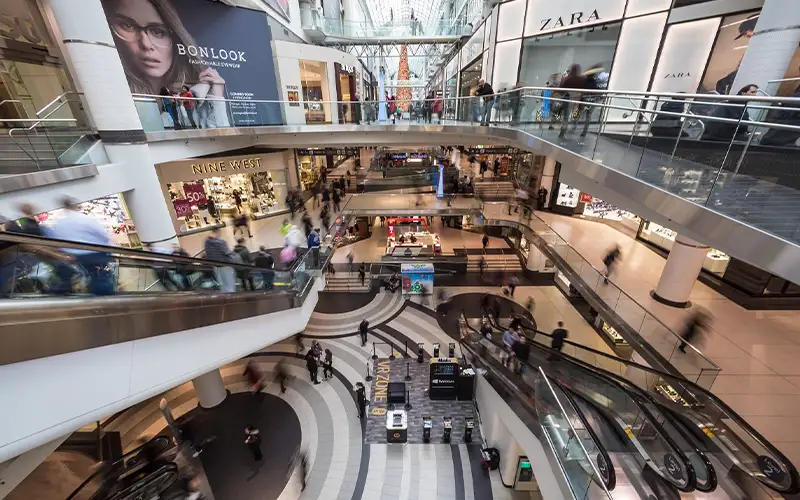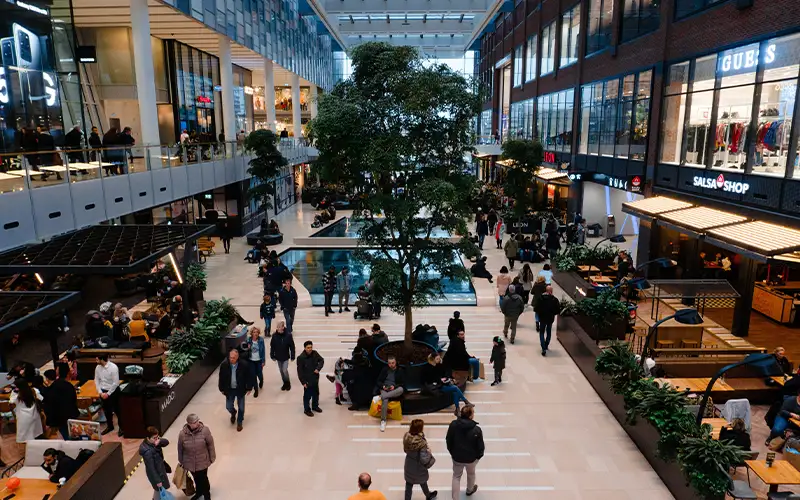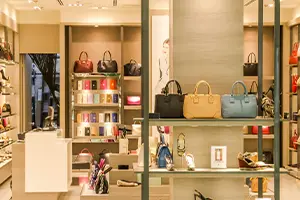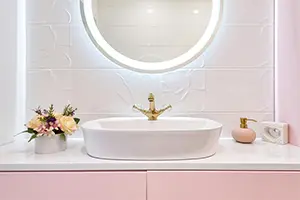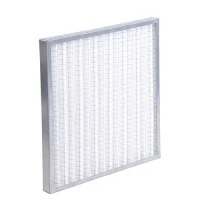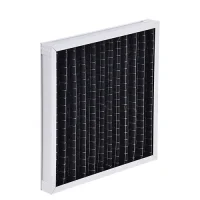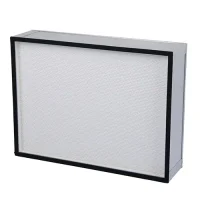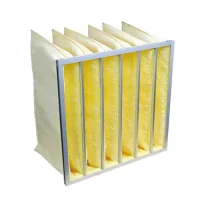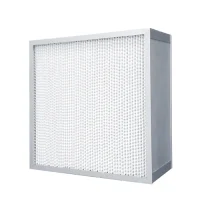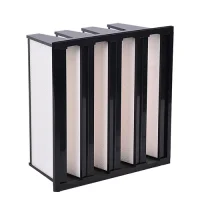Malls are high-traffic environments with a complex layout, presenting several challenges when it comes to maintaining optimal air quality.
Managing the indoor air effectively is essential not only for the comfort and well-being of shoppers and employees but also for maintaining a pleasant and inviting atmosphere throughout the mall.
High Foot Traffic
Malls attract large crowds of people every day, leading to an increased level of dust, allergens, and airborne pollutants. With hundreds or even thousands of visitors walking through the mall, contaminants such as dirt, pollen, and even germs can easily spread through the air.
This high foot traffic can significantly impact indoor air quality, especially in heavily trafficked areas like entrances, walkways, and near escalators. Effective air filtration is critical to removing these pollutants and ensuring that the air remains clean for customers and staff.
Odors
The combination of food courts, restrooms, and retail environments makes odor management a major challenge in malls. Food courts, in particular, can generate strong, lingering smells from cooking, which can permeate throughout the building.
Similarly, restrooms can become a source of unpleasant odors, which are easily carried by air currents to other areas of the mall. Even in retail stores, odors from products and cleaning supplies can contribute to the overall air quality issues.
To keep the environment pleasant, air filtration systems equipped with activated carbon filters are essential in absorbing and neutralizing these odors, ensuring a fresh and inviting atmosphere for shoppers.
Varying Airflow in Large Spaces
Malls are typically large, open-concept spaces with multiple zones such as stores, food courts, seating areas, and walkways. This size and layout can create challenges for ensuring consistent airflow across the entire building.
In such expansive environments, it is crucial to manage airflow to prevent areas from becoming stagnant or stuffy, especially in common areas or near HVAC units. Air filtration systems must be integrated into the mall’s HVAC system to ensure that clean air circulates effectively throughout the building, maintaining consistent air quality even as foot traffic and airflow conditions change.
Without effective airflow management, some parts of the mall may experience lower air quality, impacting the overall shopping experience.

